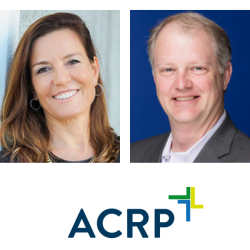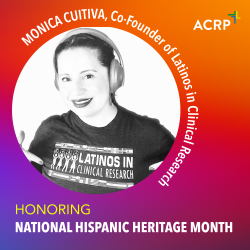Just when it seemed as if decentralized clinical trials (DCTs) were in danger of becoming “yesterday’s news” in light of all the attention being paid lately to applications of artificial intelligence in the clinical research enterprise, the tables have turned, if perhaps only briefly, thanks to the release of finalized new U.S. Food and Drug Administration (FDA) regulatory guidance on DCTs.
The increased accessibility of generative artificial intelligence (Gen AI) models like OpenAI’s ChatGPT and DALL-E has captured the popular imagination. You’d be hard-pressed now to find any leadership team in any sector that isn’t at least considering ways to leverage Gen AI.
To comply with the 21st Century Cures Act,1 the U.S. Food and Drug Administration (FDA) has released two Notices of Proposed Rulemaking (NPRMs). NPRMs are the initial public notice of a proposed change to federal regulations. These two NPRMs are intended to harmonize the FDA institutional review board (IRB) and informed consent regulations with the Federal Policy for the Protection of Human Subjects (the “Common Rule”) to the extent possible.
The clinical research industry is increasingly recognizing the need for diversity, especially as it relates to the Latino population and other minorities. Latinos are playing a growing role, both as professionals and participants, but significant challenges remain that must be addressed, including the lack of enough professionals who reflect the communities we are trying to serve.
In the aftermath of 225 miles of cycling with more than 10,000 feet in vertical climb over five days earlier this month, Association of Clinical Research Professional (ACRP) volunteers who conquered the 2024 ACRP Ride4DEI have returned to their normal routines with sore muscles eased, mechanical challenges overcome, and happy memories and new friendships formed.




